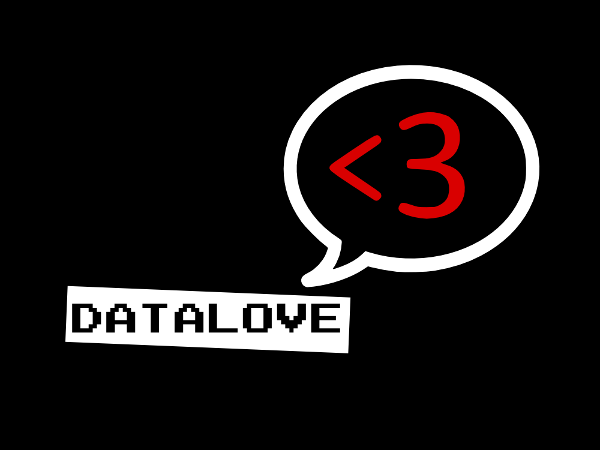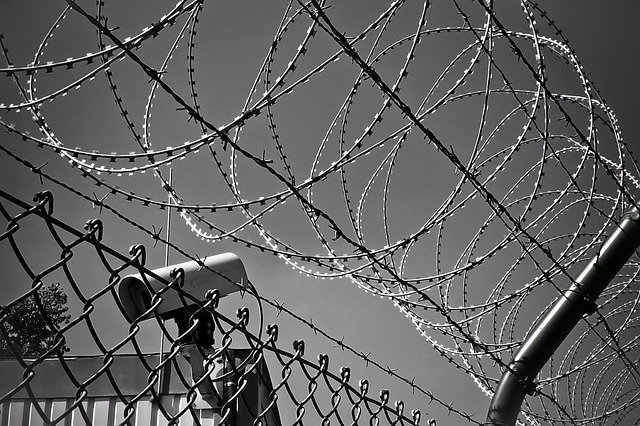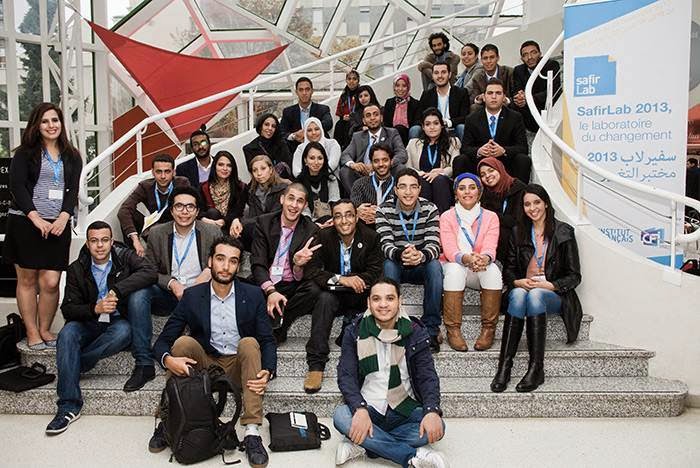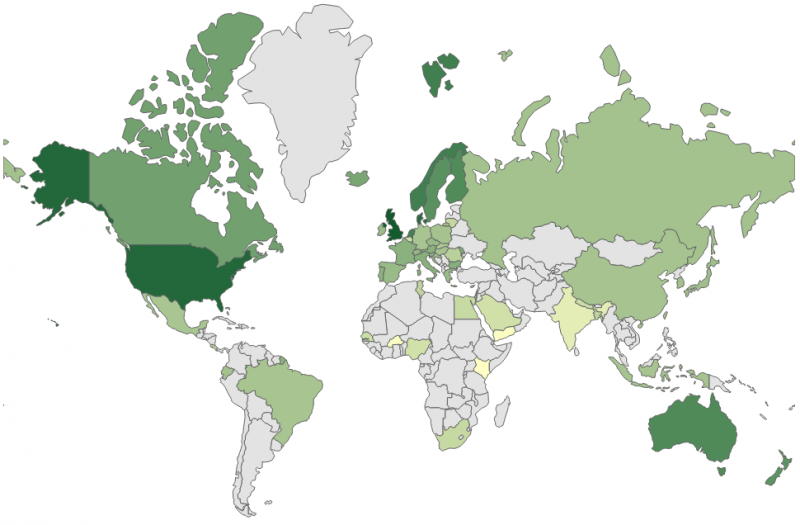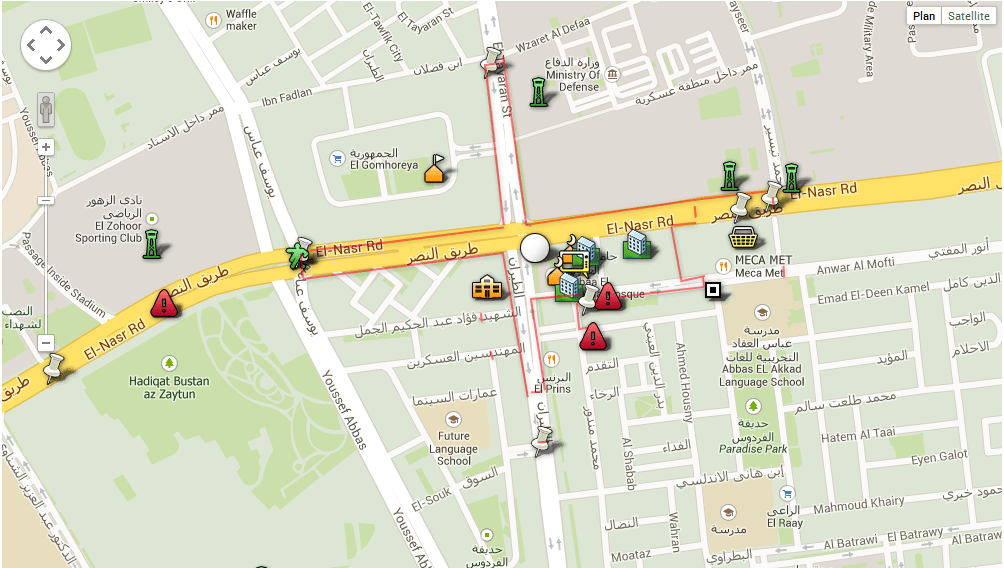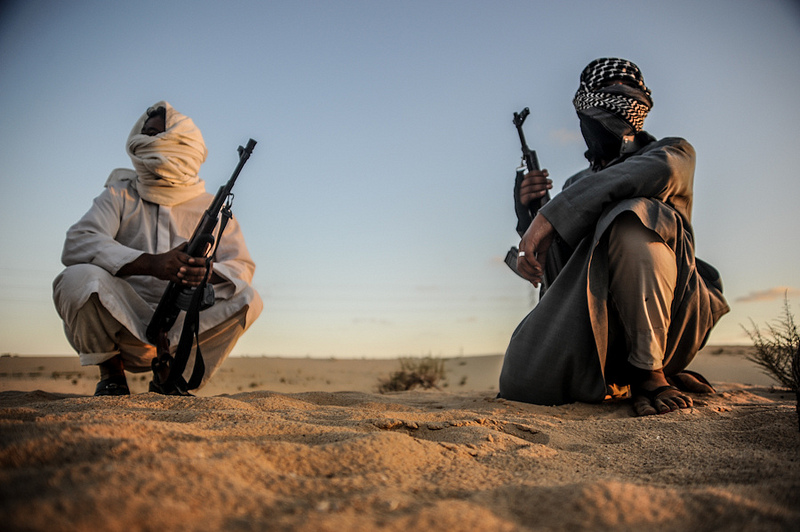I recently interacted with a scholar from the American University of Sharjah (UAE). The person asked me to edit a draft research paper of his which needed “rephrasing and unifying.” Such a request is common with non-native English speakers before submission in a peer-reviewed journal.
Having agreed on fee and timeline, I edited and returned the paper. The scholar’s response was astounding: “when I checked your rephrased document on a plagiarism detection site, it indicated that 87% is copied…the aim is to reach 10% at most”. His expectation, as it turns out, was for me to rewrite the paper, concealing plagiarised chunks of text. Though I had noticed entire paragraphs in faultless English, I had assumed co-authorship, not academic theft. I responded that I was not to devote my time to “forging research papers.” As expected, payment never came through.
This all happened while news made the headlines of a miracle cure developed by the Egyptian army for HIV and hepatitis C. That ‘cure’ today remains in the anthology as ‘KoftaGate’. I felt the need to address this culture of unethical scientific behaviour.
Forgery, plagiarism and other plagues
Plagiarism is one of the most widespread manifestations of scientific misconduct: it happens everywhere. When misconduct occurs, the publication is generally retracted. An independent watchdog launched in August 2010, Retraction Watch, has become the go-to institution for remarkable work in this field.
In 2012, a close examination of more than 2,000 retracted biomedical and life-science research articles showed that two-thirds were removed because of proven or suspected misconduct. Plagiarism accounted for nearly 10 per cent of retractions. Fraud or suspected fraud, e.g. photoshopping images and “arranging data” to support one’s claims are other types of forgery. Last but not least, there are also scientists so fond of their work that they practice duplicate publishing.
Follow-up studies make it clear that misconduct can happen at any stage of a career, from the trainee to the senior researcher. Some blame the “publish or perish” rules that govern research. Others explain it by limited resources. If a lab does not have enough money to sustain its projects, then it might resort to crafting what is ‘necessary’ to publish the study and hope for better funding. Whatever the reason, however, lies and copy-paste habits are unethical and harm science as they influence research trends, waste public funds and can have a direct impact on people’s lives.
Misconduct also spans across all scientific domains. Some experts even believe that as much as 90 per cent “of all [archaeological] artefacts and coins sold on internet auctions as genuine are nothing but fakes.” Among antiquities forgery cases fall the largely overlooked traffic of real but stolen artefacts, a long-lived practice found to occur in many countries across the Middle East, including embattled Syria.
Continue reading

